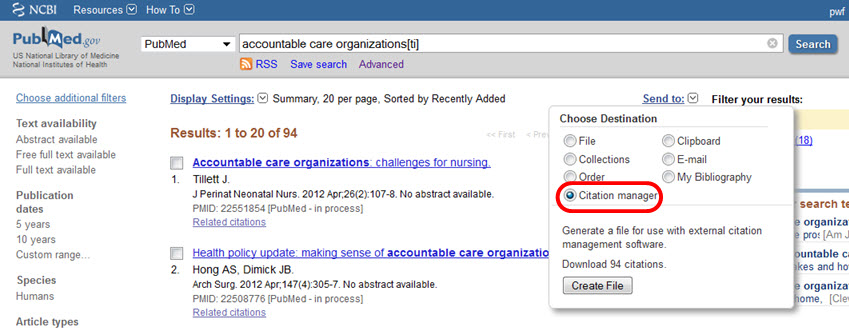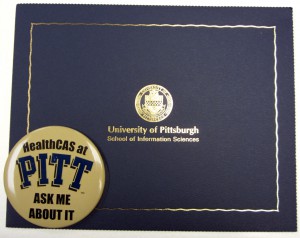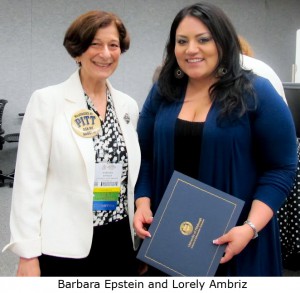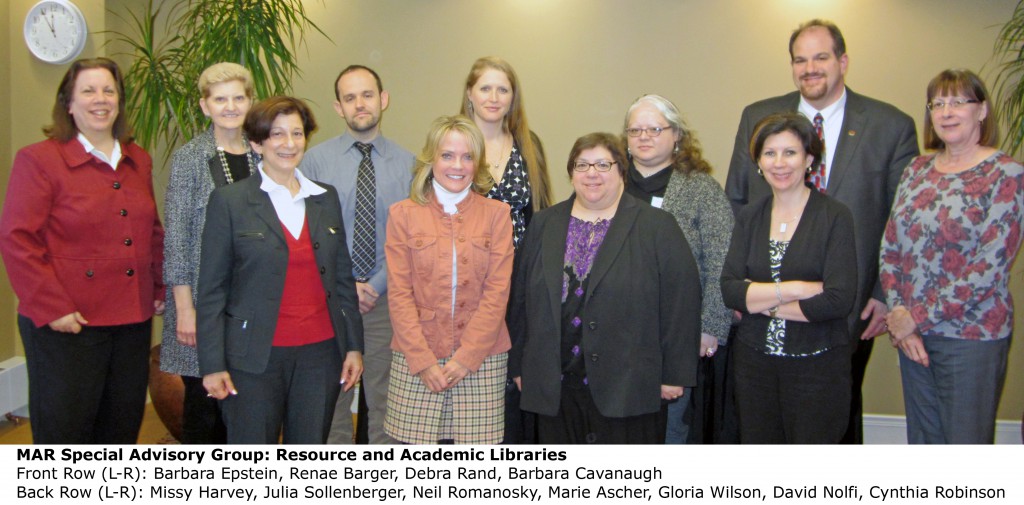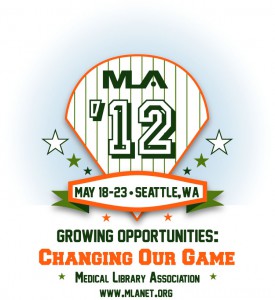In early 2011, the Institute of Medicine released Standards for Systematic Reviews. Standard 3.1 that calls for systematic reviewers to work with a librarian or other information professional when conducting literature searches for systematic reviews. Additionally, the standard advises that a librarian or other information professional be involved in the peer review of the search strategies.
The following list expands and specifies the potential ways a librarian can contribute to the systematic review team:
- Provide guidance on determining if a systematic review has already been done on your topic
- Prepare and conduct literature searches for the systematic review
- Peer review of systematic review search strategies
- Provide guidance on the reference management of the located studies
- Document delivery (ordering the full text of articles not available at our institution)
- Documenting and writing the search methods for the review
- Updating literature searches
Health Sciences Library System (HSLS) reference librarians have expertise in systematic review searching. They are available as potential collaborators for University of Pittsburgh systematic review teams. To request a librarian to help with your systematic review, contact the Main Desk at 412-648-8866 or e-mail Ask a Librarian. Search preparation and processing can take as long as three months, therefore it is advisable to put in your requests early in the process and to engage the librarian in the first stages of planning for a systematic review.
HSLS librarians have collaborated on the systematic reviews listed below, and several others are in process:
- Boyce RD, Hanlon JT, Karp JF, Kloke J, Saleh A, Handler SM. A Review of the Effectiveness of Antidepressant Medications for Depressed Nursing Home Residents, Journal of the American Medical Directors Association 13, no. 4(2011): 326-31.
- Kim YM, Yim HW, Jeong SH, Klem ML, Callaway CW. Does Therapeutic Hypothermia Benefit Adult Cardiac Arrest Patients Presenting with Non-Shockable Initial Rhythms?: A Systematic Review and Meta-Analysis of Randomized and Non-Randomized Studies, Resuscitation 83, no. 2 (2012): 188-96.
- Martire LM, Schulz R, Helgeson VS, Small BJ, Saghafi EM. Review and Meta-Analysis of Couple-Oriented Interventions for Chronic Illness, Annals of Behavioral Medicine 40, no. 3 (2010): 325-42.
- Primack BA, Carroll MV, McNamara M, Klem ML, King B, Rich MO, Chan CW, Nayak S. Can Video Games Improve Health Outcomes? A Systematic Review, American Journal of Preventive Medicine 42, no. 6 (2012): 630-8.
~ Ahlam Saleh

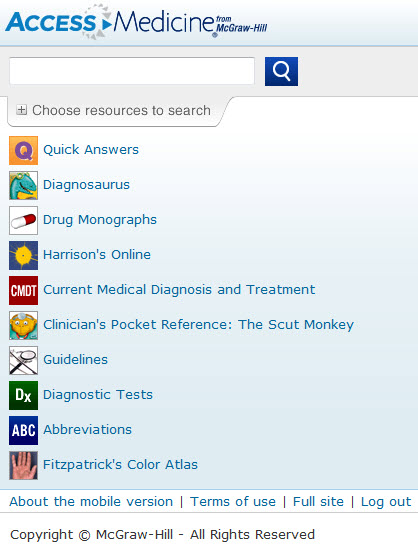
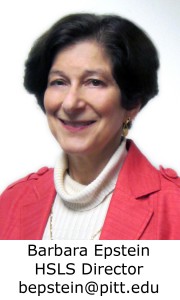 The month of May is a very busy one for medical librarians as we gather at the Annual Meeting of the Medical Library Association, our main professional organization. This year the meeting was in Seattle, a beautiful city with many similarities to Pittsburgh: it’s green and hilly, with a vibrant downtown and a major university. They drink lots more coffee than we do, though.
The month of May is a very busy one for medical librarians as we gather at the Annual Meeting of the Medical Library Association, our main professional organization. This year the meeting was in Seattle, a beautiful city with many similarities to Pittsburgh: it’s green and hilly, with a vibrant downtown and a major university. They drink lots more coffee than we do, though.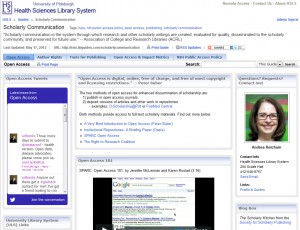
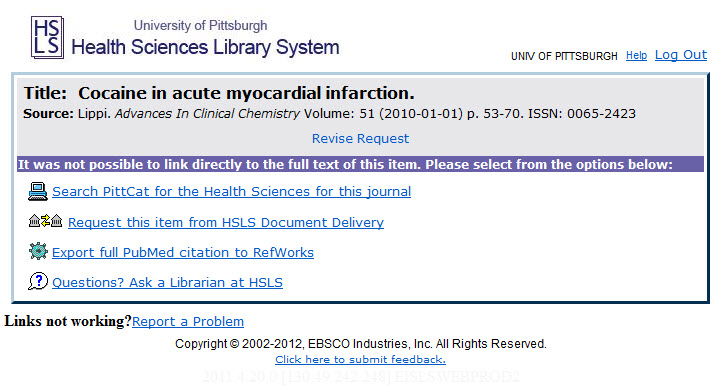
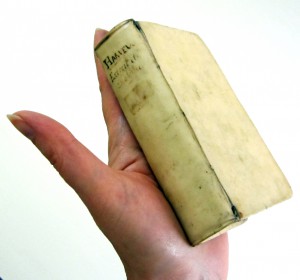 The Falk Library collection includes a pocket-sized edition of this famous work published in the Netherlands in 1648. The book is only 12 cm tall and easily fits in the palm of your hand. It is bound in plain white vellum and has a brief handwritten title on the spine.
The Falk Library collection includes a pocket-sized edition of this famous work published in the Netherlands in 1648. The book is only 12 cm tall and easily fits in the palm of your hand. It is bound in plain white vellum and has a brief handwritten title on the spine.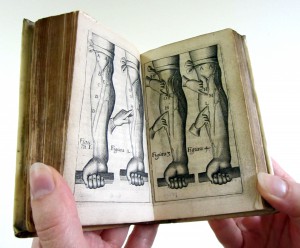 Vellum is best stored in a stable environment with controlled temperature and humidity, such as that in Falk Library’s Rare Book Room.
Vellum is best stored in a stable environment with controlled temperature and humidity, such as that in Falk Library’s Rare Book Room.